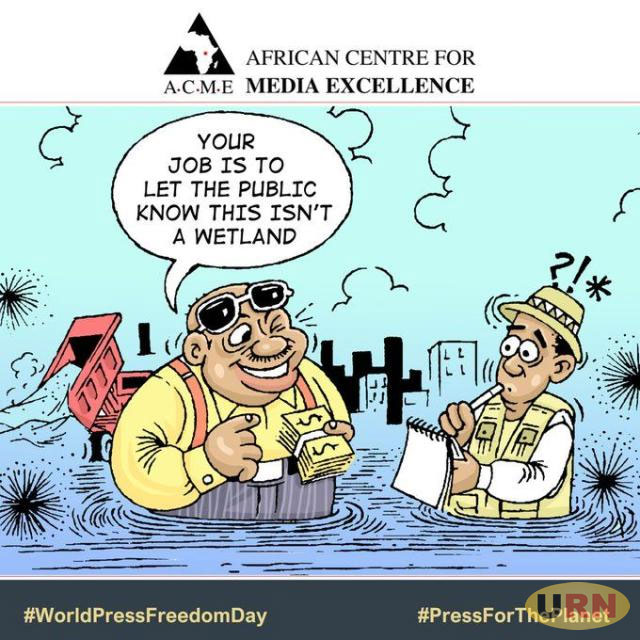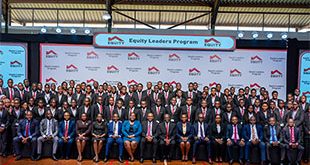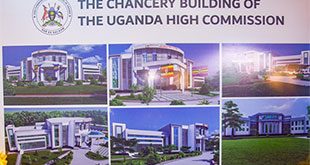
Kampala, Uganda | THE INDEPENDENT | A new report published by UNESCO on World Press Freedom Day, 3 May, warns of increasing violence against, and intimidation of journalists reporting on the environment and climate disruption.
At least 749 journalists or news media reporting on environmental issues have been attacked in the last 15 years, and online disinformation has surged dramatically in this period. UNESCO is calling for stronger support for environmental journalists and better governance of digital platforms.
Audrey Azoulay, Director-General of UNESCO saidwithout reliable scientific information about the ongoing environmental crisis, there can never hope to overcome it.
“And yet the journalists we rely on to investigate this subject and ensure information is accessible face unacceptably high risks all over the world, and climate-related disinformation is running rampant on social media. On World Press Freedom Day, we must reaffirm our commitment to defending freedom of expression and protecting journalists worldwide,” said Azoulay
In its new report Press and Planet in Danger, UNESCO analysis revealed instances in which at least 749 journalists and news media outlets reporting on environmental issues were targeted with murder, physical violence, detention and arrest, online harassment or legal attacks in the period 2009-2023. More than 300 attacks occurred between 2019-2023 – a 42% increase on the preceding five-year period (2014-2018).
The report, which will be launched at the 2024 World Press Freedom Day Global Conference in Santiago, Chile from 2-4 May 2024, stresses that the problem is global, with attacks taking place in 89 countries in all regions of the world.
A rise in physical attacks UNESCO’s Observatory of Killed Journalists records the killing of at least 44 journalists investigating environmental issues over the last 15 years, of which only 5 have resulted in convictions – a shocking impunity rate of almost 90%. But the report found other forms of physical attack were also prevalent, with 353 incidents. It also found attacks had more than doubled in recent years, rising from 85 in 2014-2018 to 183 between 2019-2023.
In a consultation of over 900 environmental journalists from 129 countries carried out by UNESCO in March 2024, 70% reported experiencing attacks, threats or pressure linked to their reporting. Among these, two-in-five subsequently experienced physical violence.
The data shows that women journalists report being more exposed than men to online harassment, echoing the trend identified in the UNESCO’s previous report The Chilling: global trends in online violence against women journalists.
In addition to physical attacks, a third of journalists surveyed said they had been censored, and almost half (45%) said they self-censored when covering the environment, due to fear of being attacked, having their sources exposed, or due to an awareness that their stories conflicted with the interests of concerned stakeholders.
A global roadmap against climate disinformation
One of the key outcomes of the World Press Freedom Day Global Conference will be a UNESCO Global Roadmap against Climate Disinformation, identifying the roles governments, the media, academia and researchers, civil society and digital platforms can play to support and protect environmental journalists and promote the integrity of information on the environment and climate change online.
UNESCO’s Director-General will open the Conference alongside Chilean President Gabriel Boric. She will announce the launch of a grants programme to provide legal and technical support to over 500 environmental journalists facing persecution, and new initiatives to promote critical thinking about climate disinformation and to improve the regulation of digital platforms, in line with UNESCO’s Guidelines for the Governance of Digital Platforms, launched in November last year.
****
URN
 The Independent Uganda: You get the Truth we Pay the Price
The Independent Uganda: You get the Truth we Pay the Price



